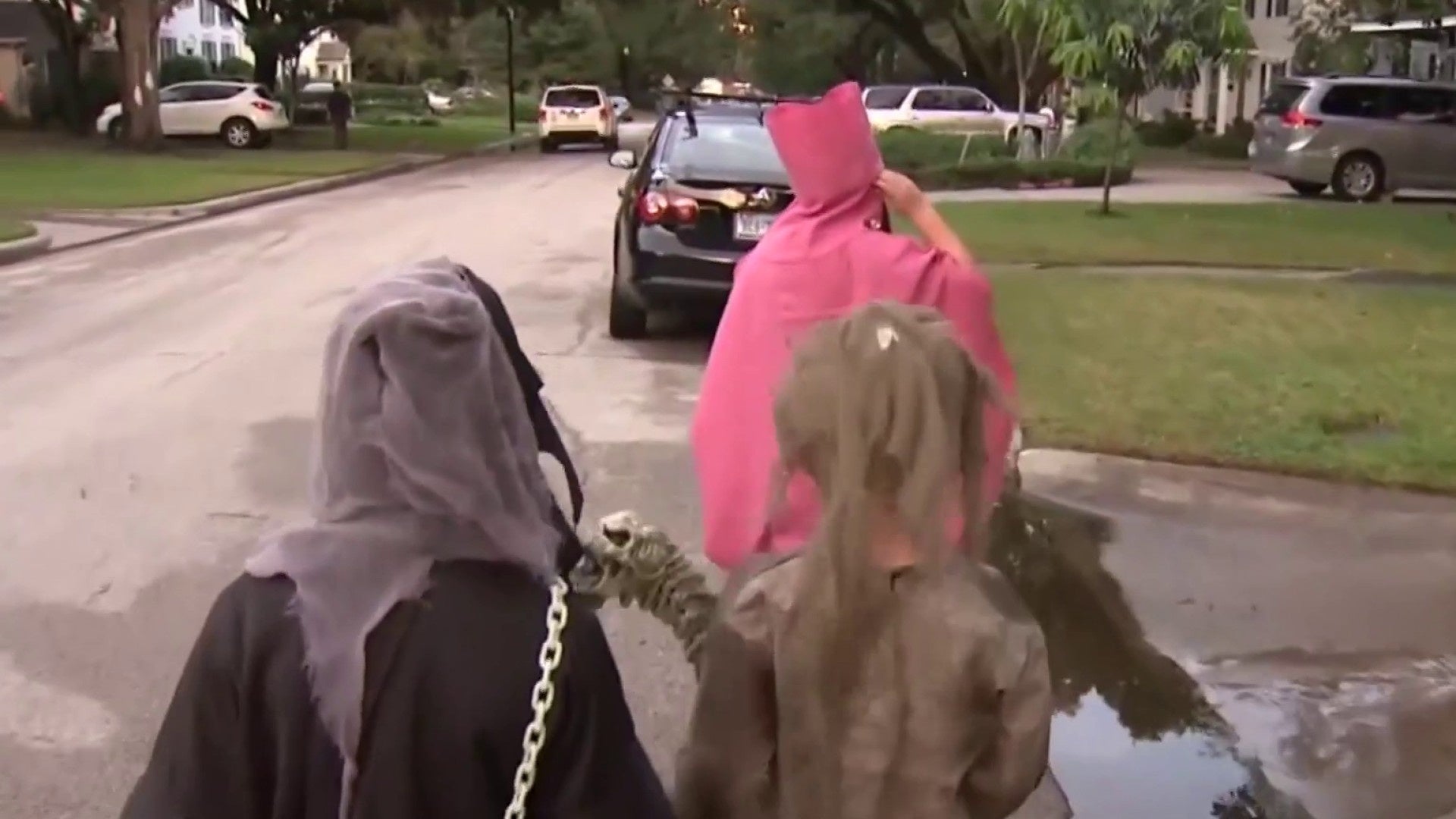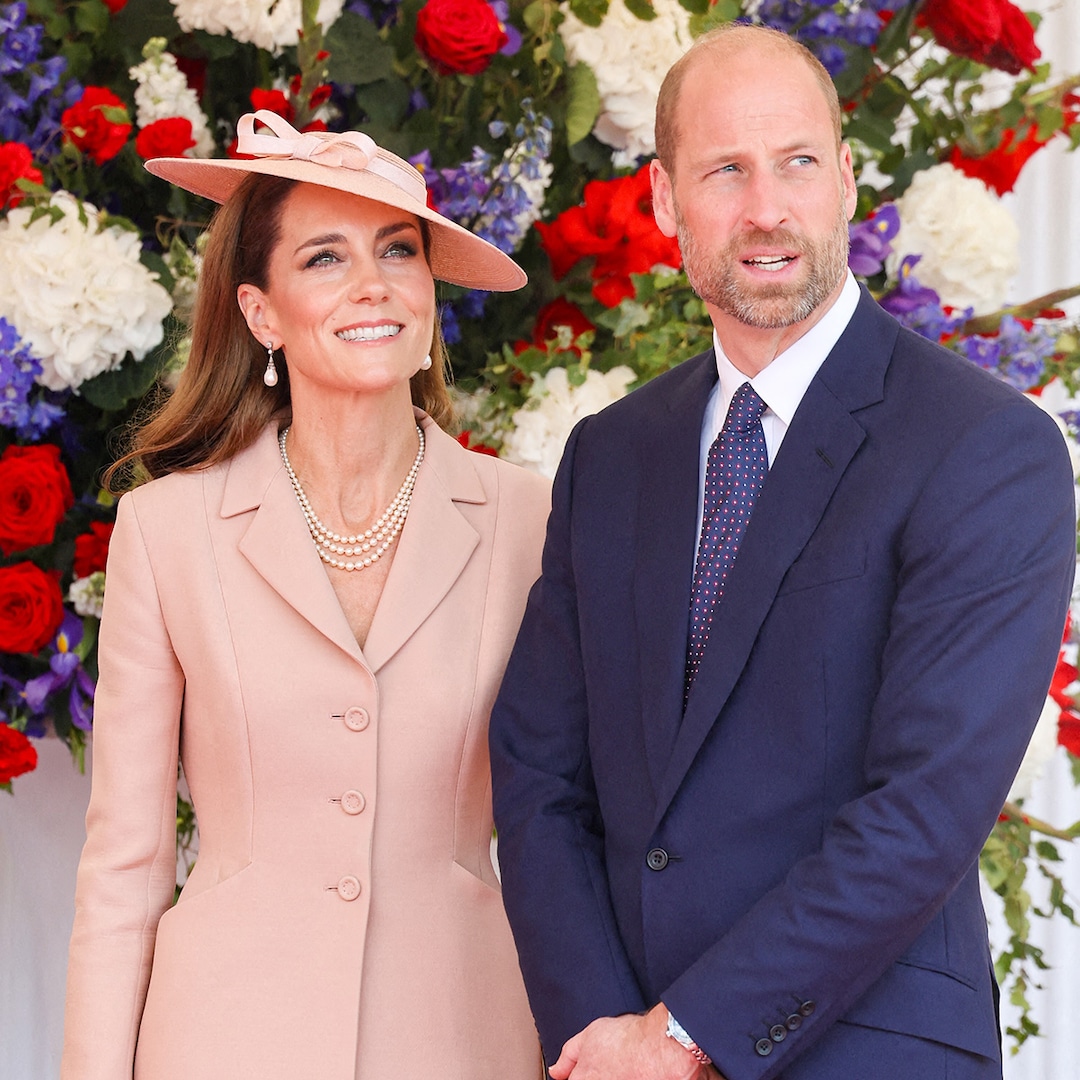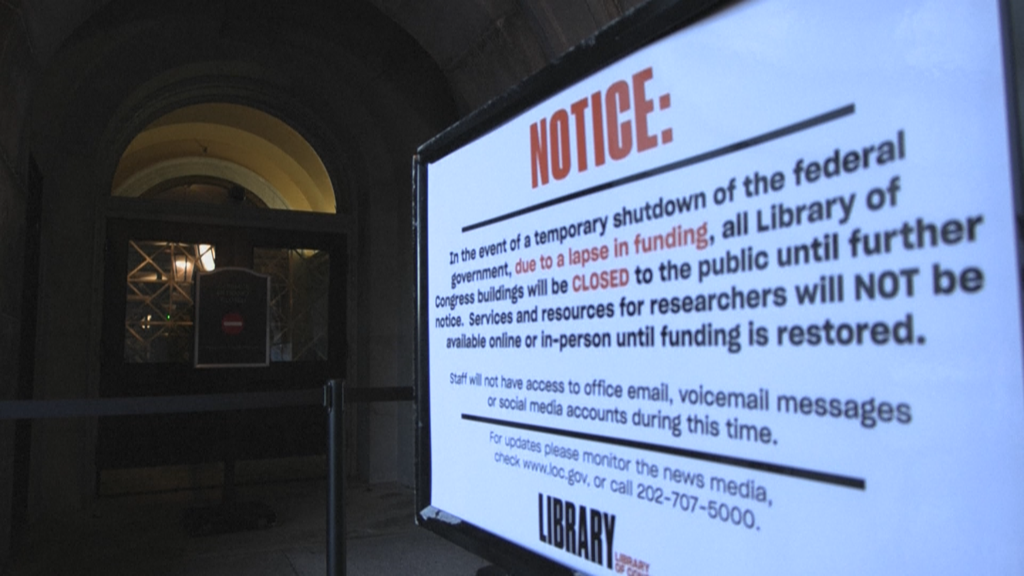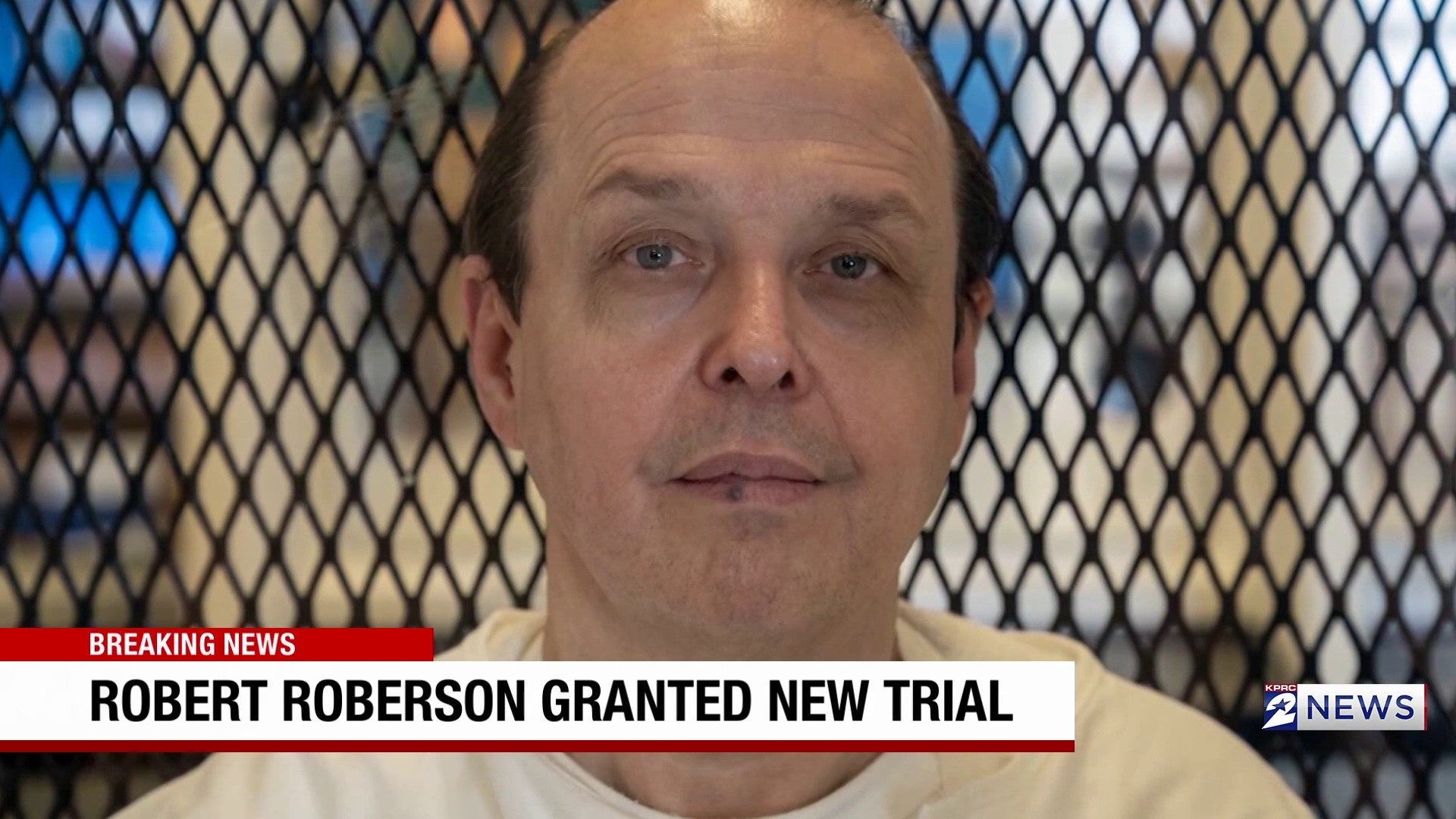Why heart attacks are more dangerous in the morning: A warning before the time change
Did you know that heart attacks in the early morning are more severe and deadlier than those later in the day?
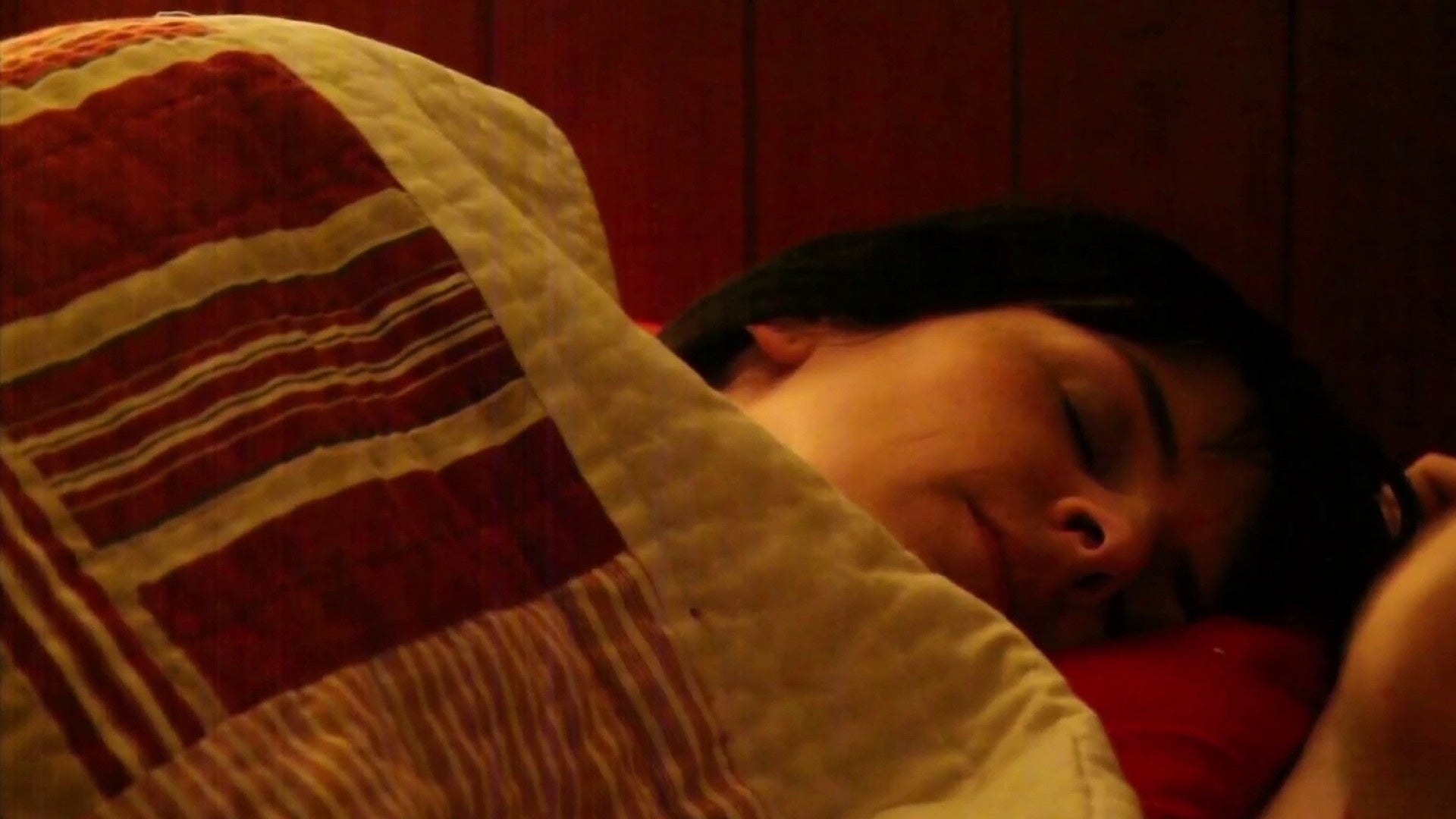
Researchers at UTHealth Houston have uncovered important insights about how the time of day impacts heart attacks, and what that means for treatment and prevention.
Heart attacks happening in the early morning hours tend to be more severe and deadlier than those occurring later in the day.
“If you have a heart attack in the morning, you’re more likely to experience fatal complications like irregular heartbeats and heart failure. We wanted to find out why,” said Dr. Holger Eltzschig, chair of the Department of Anesthesiology, Critical Care and Pain Medicine at McGovern Medical School.
The answer lies in two proteins in our bodies: BMAL1 and HIF2A. BMAL1 is a core protein that controls our circadian rhythm, the internal clock that regulates sleep, metabolism, and hormone release.
HIF2A helps cells survive when oxygen levels are low, such as during a heart attack, according to UT Health Houston.
Together, these proteins influence how heart cells respond to injury caused by blocked blood flow.
Researchers found that heart attacks around 3 a.m. cause more damage because the heart’s ability to adapt to low oxygen is reduced at that time.
In contrast, heart attacks in the afternoon tend to be less severe, as the heart is better equipped to heal.
This discovery opens exciting possibilities for new treatments that align with the body’s natural clock.
By targeting the interaction between BMAL1 and HIF2A, doctors may be able to reduce heart damage, especially if medications are given at the right time of day.
“Our findings suggest that timing drug administration to the body’s internal clock could improve outcomes for heart attack patients and even those undergoing heart surgery,” said Dr. Eltzschig. ,
As we adjust our clocks this weekend, UT Health Houston said they feel this research is important to highlight, as our bodies may not be adjusted yet. To care for your heart during the time change, consider the following tips:
- Gradually shifting your sleep schedule a few days before the time change.
- Establish a relaxing evening routine to improve your chances of falling asleep at the new time.
- Take advantage of the extra daylight in the morning by spending time outdoors; this helps your body reset the clock.
- Don’t forget about hydration. Water helps every cell in your body to work better. Your heart especially loves to maintain hydration.
